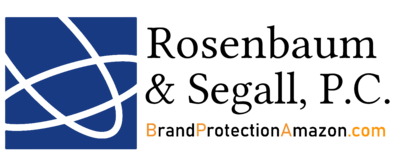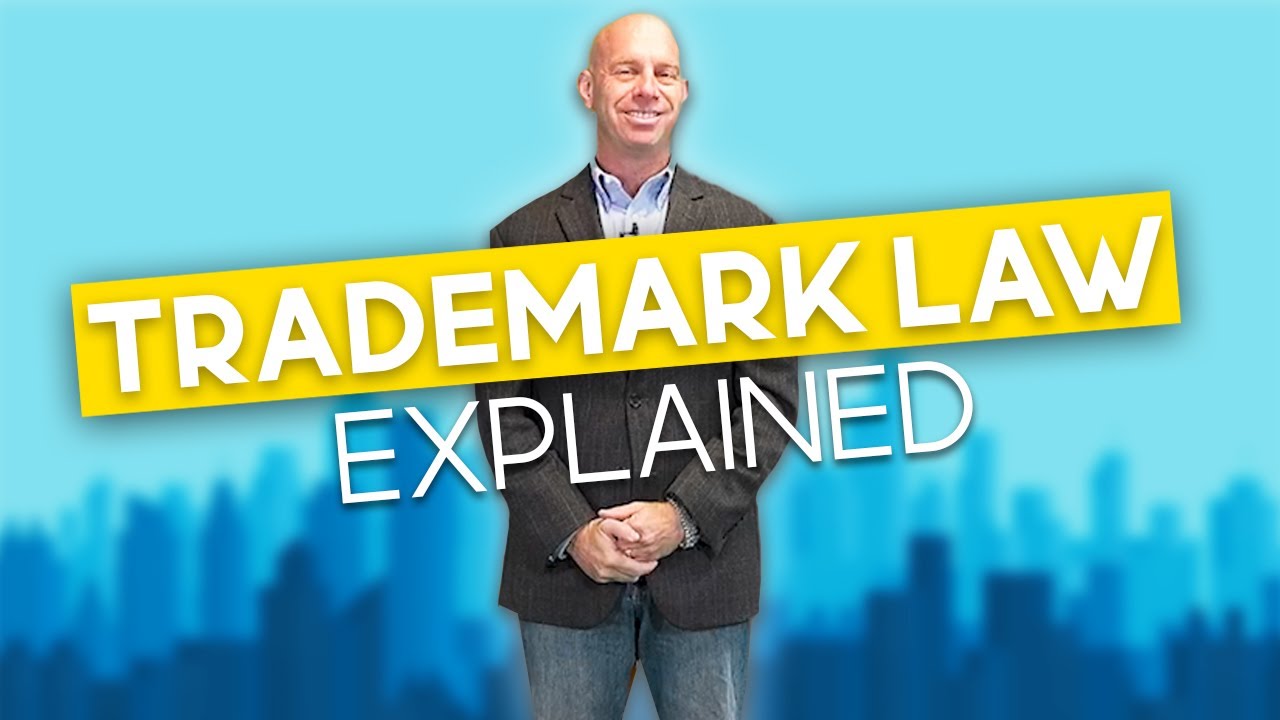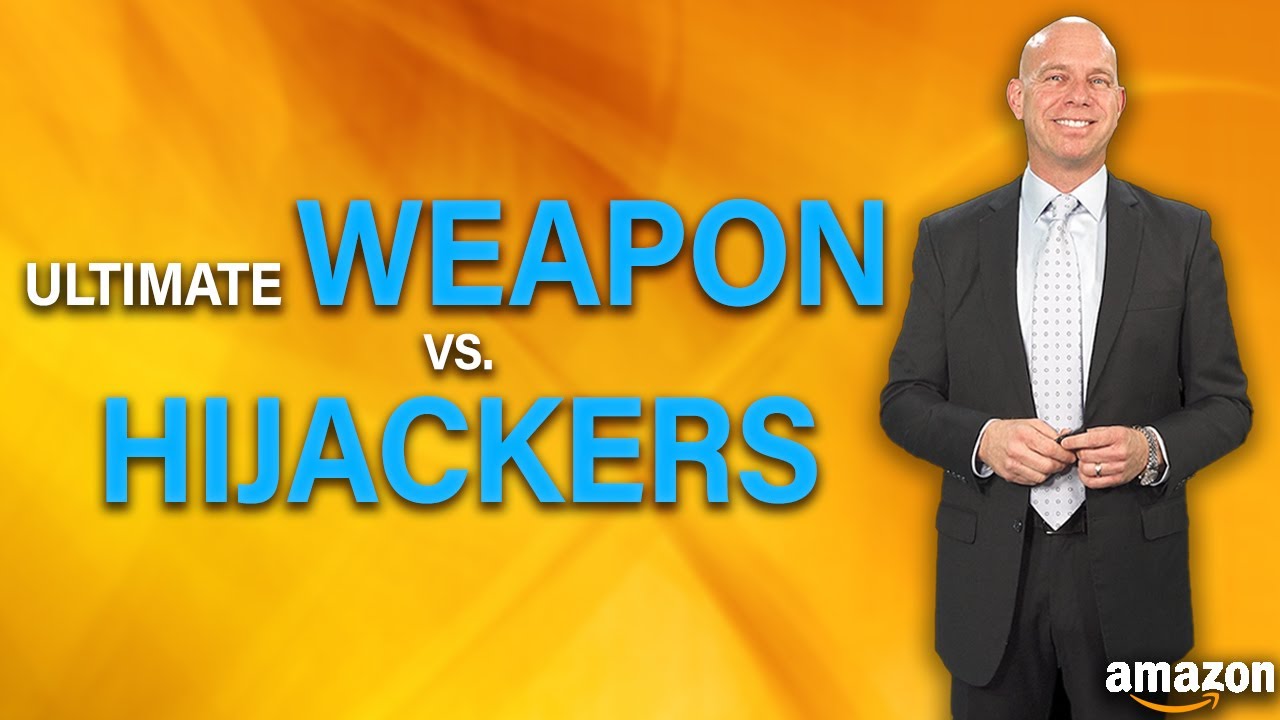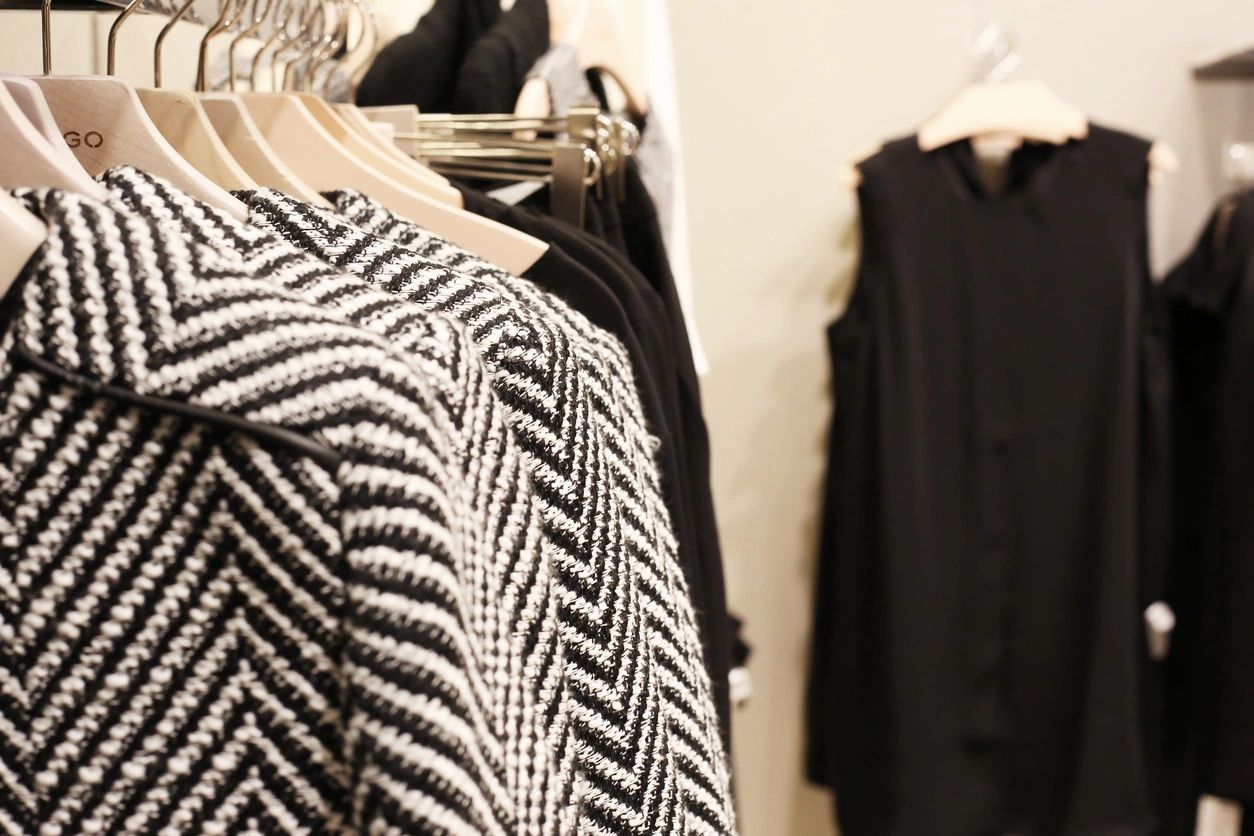
Protecting your merchandise with ITC exclusion orders.
Whether your band is selling out arenas or just getting started in a garage, protection of your band’s merchandise and overall brand is important because that is where income is earned.
Rosenbaum Famularo, P.C. focuses on protecting musicians’ merchandise. We help musicians and bands stop counterfeit merchandise. We focus on helping musicians and bands keep every cent earned from the sale of t-shirts and other merchandise.
This article is part of a 5-part series highlighting just a few of the many tools we use to protect musicians’ and bands’ merchandise.
Knockoff Band Merchandise
On November 21, 2016, Alex Wade of Whitechapel made an impassioned plea to his band’s fanbase on the Whitechapel Facebook page: Do not purchase knockoff merchandise sold with Whitechapel’s logo. [1] Knockoff band merchandise hurts both the purchasing fan and the band itself. The fan will have unwittingly been duped into buying an item of probably lower quality than a legitimate piece of merchandise, while the band will never see a single cent of the transaction. [2]
The problem of knockoff merchandise is quite widespread through the rock and metal industry; however large bands are beginning to fight back.
- In 2018, Slayer filed a complaint through Global Merchandising to prevent “numerous independent unlicensed peddlers and manufacturing and distributing companies” from pushing bootleg band merchandise outside of their concert venue. [3]
- Live Nation, addressed counterfeit goods sold at an Ozzy Osbourne festival.
- AC/DC filed similar lawsuits to halt the sale of counterfeit merchandise from being sold. [4]
Clearly, once the counterfeit merchandise is produced and advertised to fans who think they are looking at legitimate band t-shirts, hats, or other items, it is only a matter of time before these infringing items are sold and the bands lose money on the sale.
Dedicated fans love nothing more, after all, than advertising their interest in their particular bands of choice. Even if a band alerts its fans to the ills of counterfeit merchandise and the injury it levies against the band, there is still a market of fans who could not care less about what they perceive as a harmless purchase and buy counterfeit merchandise with full knowledge that the item is a low-cost knockoff.
The issue of counterfeit merchandise is just a subset of the much larger problem at hand: the importation of counterfeit goods as a whole from overseas.
To put the issue of counterfeit importation into perspective, of the USD 17.9 trillion total in world trade imports in 2013, nearly USD 461 billion of these imports were of counterfeit goods. [5] This means that nearly 2.5% of all global imports were of counterfeit goods. [6] Even more pressing is the origination and destination points for most of these counterfeit goods.
According to seizure data, around 84.5% of the seized counterfeit goods in 2013 originated from China and Hong Kong alone. [7] Furthermore, 20% of the total value of seized counterfeit merchandise was sent to the United States. [8]
In those statistics lie many of the counterfeit band merchandise items which are sold to defraud both bands and their fans.
It is not only the “big bands” which need to worry about having their merchandise ripped off. Having one’s merchandise be imitated and peddled is just one of the outcomes of growing large enough to gather both a decent market of fans who would willingly buy branded apparel and attention abroad in foreign counterfeit markets. Many of the counterfeits and knockoff merchandise come into the US from abroad.
ITC Exclusion Orders
ITC exclusion orders are used to try and halt offending counterfeit goods from entering the United States.

The International Trade Commission (ITC) exists to protect the commercial interests of United States citizens.
Specifically, under 19 U.S.C. § 1337, it is unlawful to “import [] into the United States…[goods] that . . . infringe a valid and enforceable United States copyright” or goods which “infringe a valid and enforceable United States trademark.” If the goods in question pass this preliminary question of coverage, we can file a complaint with the ITC, after which the ITC will investigate the matter. [9] Under § 1337(d), “[i]f the [ITC] determines . . . that there is a violation . . . it shall direct that the [goods] . . . be excluded from entry into the United States.”
Remedies which the ITC is authorized to grant include exclusion and cease and desist orders, the result of which would essentially be to block the importation of the counterfeit merchandise into the United States.
Exclusion means that the counterfeit and knockoff goods are not allowed into the US.
Temporary relief of the same effect may be levied during the investigation if such emergency relief is deemed necessary upon review of the complainant’s motion, which would be submitted along with the complaint.
ITC Exclusion Orders
By: CJ Rosenbaum, Esq., partner with Rosenbaum Famularo, P.C., and Chris Abiuso, a Summer Associate and 2019 Juris Doctorate Candidate.
[1] Whitechapel, Facebook (Nov. 21, 2016, 9:27AM), https://www.facebook.com/whitechapelmetal/posts/10154669839849454.
[2] See id.
[3] Slayer Lawsuit Seeks to Stop Counterfeit Merchandise, Blabbermouth.net (May 22, 2018), http://www.blabbermouth.net/news/slayer-lawsuit-seeks-to-stop-counterfeit-merchandise/.
[4] Id.
[5] Global Trade in Fake Goods Worth Nearly Half a Trillion Dollars a Year – OECD & EUIPO, OECD (April 18, 2016), http://www.oecd.org/industry/global-trade-in-fake-goods-worth-nearly-half-a-trillion-dollars-a-year.htm (citing OECD, Trade in Counterfeit and Pirated Goods (2016)).
[6] Id.
[7] Id.
[8] Id.
[9] 19 U.S.C. 1337.








